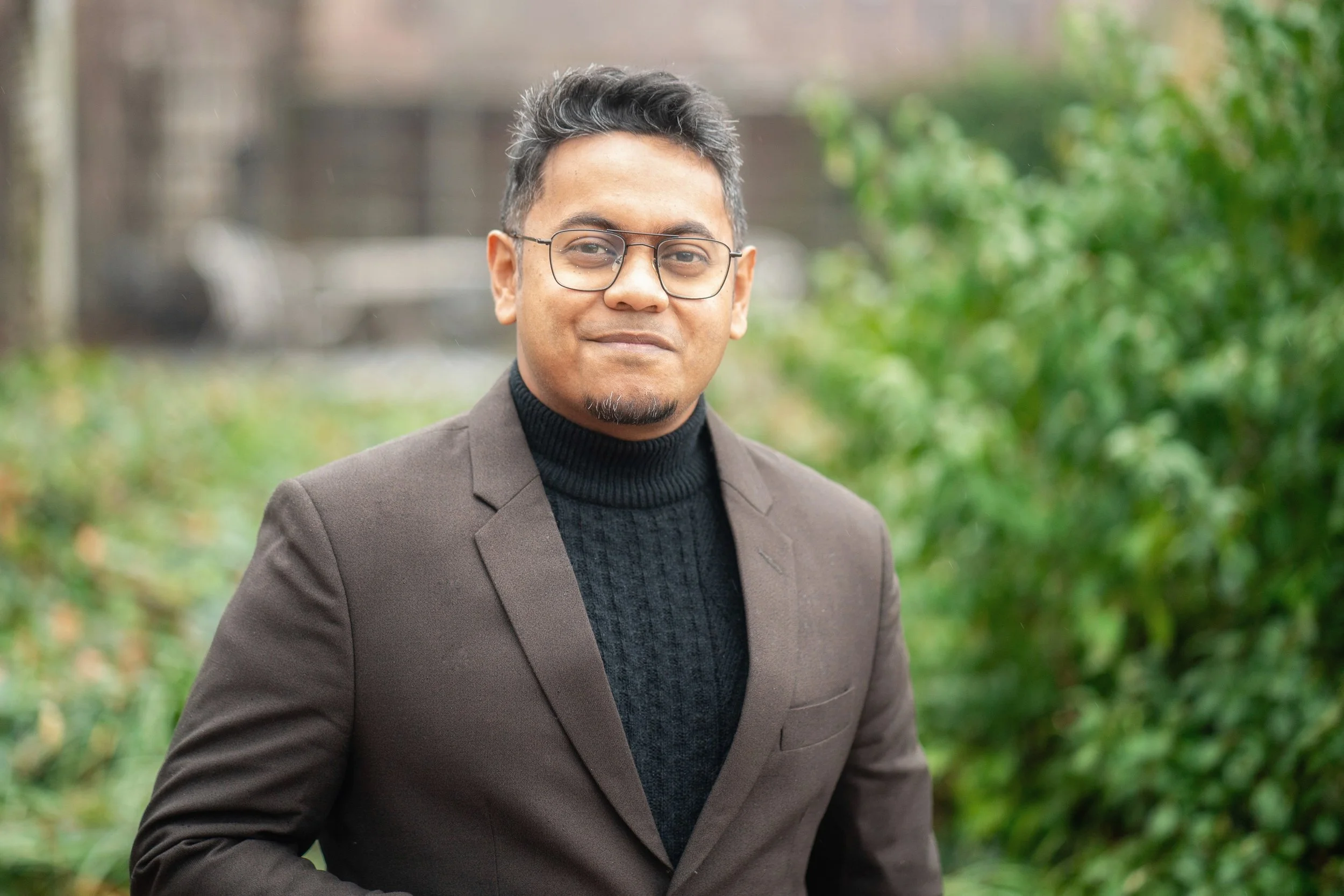Hi!
My name is Mohammed Rashid (he/they), and I am an Assistant Professor at the School of Media and Communication at The University of Southern Mississippi. Here I teach the graduate courses Critical Cultural Theory in Communication Studies (COM 608) and Media and Society (COM 780), along with the undergraduate courses Media Criticism (MCJ 462) and Introduction to Film Studies (FLM 170).
Before coming to USM, I worked as a Postdoctoral Fellow at the Center on Digital Culture and Society at the Anneberg School for Communication at the University of Pennsylvania.
I have a PhD in Arts, Technology, and Emerging Communication from the Bass School of Arts, Humanities, and Technology at the University of Texas at Dallas.
As an interdisciplinary scholar trained in Critical Cultural Communication, Global Film and Media Cultures, Digital Platforms, and Queer Theory, I position my teaching and research at the interface of global emerging media cultures, comparative media representations of diverse sexualities, and tactical use of media platforms by South Asian queer counter-publics. Three major questions deeply inform my pedagogy and animate my research: 1) How does new and emerging media content represent the local to the global and, conversely, the global to the local, acting as elements through which we make sense of the world around us? 2) How do global media technologies and infrastructures facilitate and instantiate new interactions that question binary understandings of gender and sexuality through representation, visuality, and affect? 3) How do multiple publics and counter-publics use digital media platforms to engage in activism and enact social change?
I am currently working on my first book project titled “Mediated Sexualities: Negotiating LGBTQ+ Visibility in Digital South Asia.” The project takes a critical media studies approach to critically study Bangladeshi blogging networks, social media sites, online discussion forums, digital archives, and emerging storytelling platforms as affective spaces where Bengali queer sexualities are regulated and negotiated between dominant publics and queer counter-publics. My research has appeared in QED: A Journal of GLBTQ Worldmaking, Studies in Media and Communication, Media Fields Journal, and Flow. I have presented my research at national and international conferences and have received various awards for my participation and contribution.
I am trained in multiple research methods in the humanities tradition including discourse analysis, textual analysis, and close reading, along with practices in ethnography and qualitative social science that include site visits, participant observation, user experience research, interviews, focus groups, and autoethnography. I speak five languages (English, Bangla, Hindi, Urdu, and Arabic) and this helps in multi-cultural and transnational research settings. I have also been trained in socially engaged art (SEA) and participatory media production and my politically engaged artistic projects have been featured in exhibitions in the United States, Canada, and Bangladesh.
I am a member of the interdisciplinary multi-university Fashioning Circuits Research Collective. Here, I have been working as the Humanities Team Lead for the Migrant Steps Project, along with working on multiple other creative and critical-making projects such as Words Matter. I am also the Co-chair for the Transnational Cinema and Media Scholarly Interest Group (SIG) at the Society for Cinema and Media Studies (SCMS). For the SIG, I have been curating a range of book talks and scholarly discussions by Transnational Cinema and Media Scholars from around the world, which can be accessed through the SIG’s YT channel here. I have also previously served as the SIG’s Graduate Representative from 2022–2023, as well as the Graduate Students’ Advisory Council (GStAC) at University of Texas at Dallas from 2019-2021.
I also run a YT channel in Bangla titled তাত্ত্বিকতা (Theories) where I take a public-humanities approach to discuss global media and communication theory and critical cultural theory with a Bangla-speaking audience.


